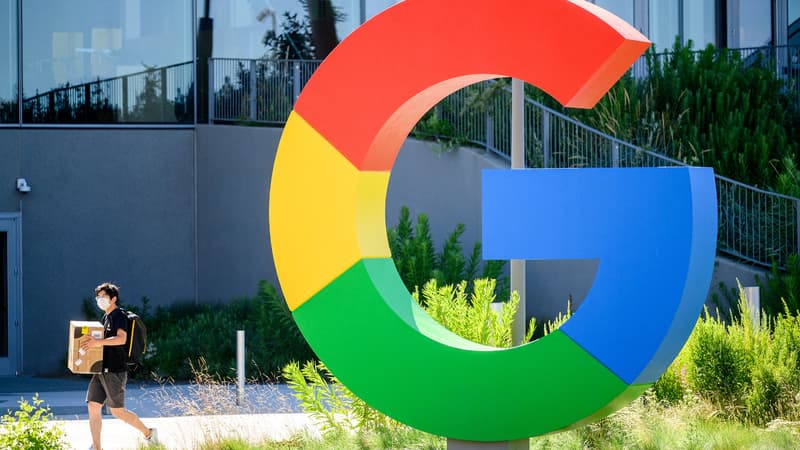Google scientists have announced a new breakthrough toward the future quantum computer, with an experiment that significantly reduces the error rate, a major hurdle to this “holy holy grail” of computing, according to a study published Wednesday in Nature.
The universal quantum computer is called to radically transform computing, with gigantic computing power, beyond comparison with conventional machines.
But this revolutionary machine, considered a “Grail” by computer scientists, is not for tomorrow because there are many technological obstacles to overcome, in particular an error rate that is too high to develop reliable applications.
An experiment by Google’s Quantum AI research department has shown that error correction can be significantly improved, allowing the digital giant to advance the race for the quantum computer.
Superconducting quantum processors, like those from Google or rival IBM, exploit the amazing properties of quantum physics that govern the world on the scale of the infinitesimally small.
They use quantum bits called qubits: these are the basic building blocks of quantum computing that have infinitely many possible states that can overlap (0 and 1 at the same time) and become entangled, whereas bits in classical computers only have two states. possible (0 or 1).
Superposition and entanglement allow massive mathematical operations to be performed in parallel, because the computer is capable of exploring all the solutions at the same time and not one by one.
But the manipulation of qubits runs into a major physical obstacle called decoherence, which causes quantum properties to disappear on contact with the slightest external disturbance. It is this fragility that generates a high error rate, and the more problematic the more qubits there are, the more these errors increase.
Google has tested a method using corrective codes capable of detecting and correcting errors without affecting the information.
“Rocker”
This system, intended to improve the logical performance of the machine, was theorized in the late 1990s, so it is not new. Except that putting it into practice gives the opposite effect than expected: the more qubits there are, the more the size of the correction code must increase and… the more the correction performance decreases.
Google scientists say that for the first time they have developed error-correcting code that reverses this process. “It’s see-saw, the magic of the correction has happened,” said Dr. Hartmut Neven, lead author, during a press conference.
In 2019, Google claimed “quantum supremacy,” saying its Sycamore processor had completed a computation in 3 minutes that would have taken a conventional supercomputer more than 10,000 years. The announcement was later disputed, particularly since the calculation made then served no purpose other than to achieve this victory.
Source: BFM TV


